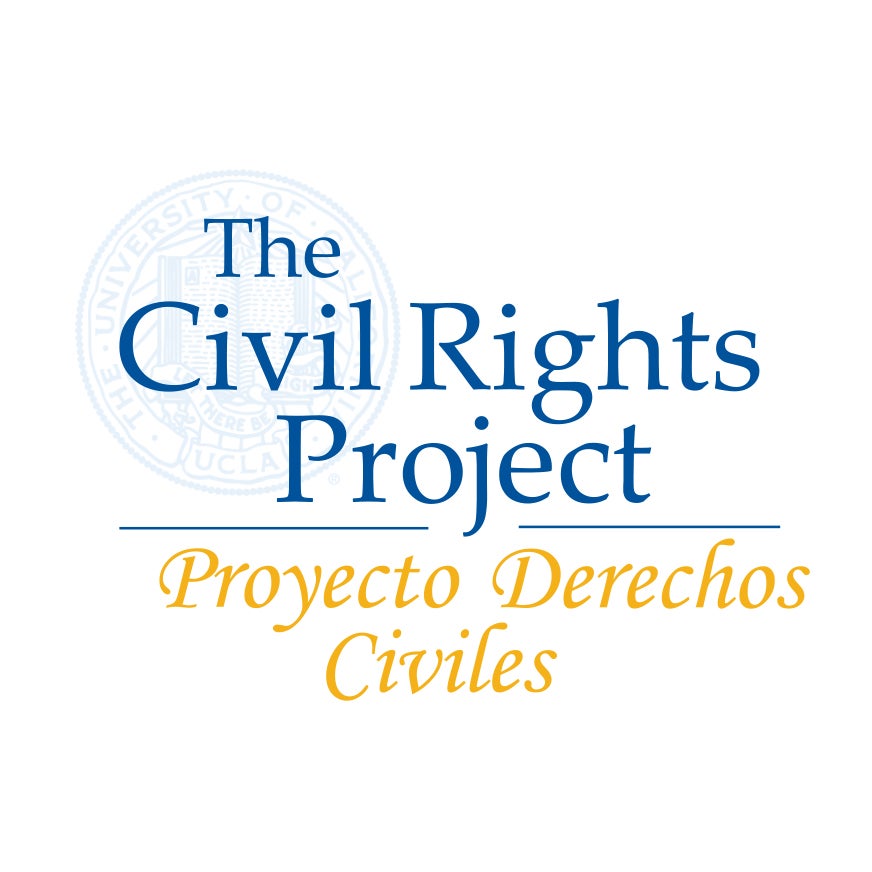Los Angeles — A major Supreme Court decision in the 2009 Horne v. Flores case has had a strong impact on the rights of English language learner students under the Equal Educational Opportunities Act. The decision, and the need to decide how to apply it, raised a number of important questions on the education of these students that had been inadequately researched. Because of the importance of these issues for the civil rights of one-tenth of U.S. students, the Civil Rights Project worked with colleagues from four universities in creating a set of 9 research studies. Those studies were conducted independently of the ongoing litigation, the papers were peer-reviewed, and they represent the conclusions of each author or group of authors. Some of the authors have now been listed as expert witnesses for the trial set to begin in Arizona district court on September 1, a trial that will determine how the Supreme Court decision will be applied in Arizona.
The 9 studies were conducted in compliance with Institutional Review Board (IRB) on each campus charged with protecting the rights of research subjects; the districts, schools, officials and teachers participating in the research across Arizona were assured that their identities would be protected, as is normal when dealing with controversial issues where there could be negative consequences for the respondents. We were shocked to learn not only that Arizona’s lawyers demanded that the researchers and their universities violate these contracts with the respondents, but also that the University of Arizona’s lawyers then demanded that the researchers give them the confidential data and materials and did nothing to protect their rights before disclosing the names of the districts. Arizona State University so far has disclosed nothing. Requests for protective orders to prevent further disclosures, backed by the plaintiffs and both universities, are now pending in court. We view the demands — that confidential information be disclosed and that assurances to respondents be systematically ignored and violated — to be a direct threat not only to civil rights and educational research, but also to the confidence any respondent could have about the disclosure of confidential information, which political leaders of a state might want to demand in the midst of a trial. Confronting researchers with a terrible choice — violating their confidential agreements with research participants or going to jail if they want to testify about information that the court needs and may affect the rights of a group of students who experience great difficulties in Arizona schools — is unconscionable.
The researchers have refused to be intimidated. Because of widespread interest in these issues we are linking to the original press release about the Arizona Educational Equity Project and to the 9 studies, the August 12, 2010 article in EDUCATION WEEK, the August 13, 2010 article in INSIDE HIGHER EDUCATION, and the letter to researchers about the issue from the Civil Rights Project Co-Directors.
